- Home
- Arthur Conan Doyle
Danger! and Other Stories Page 3
Danger! and Other Stories Read online
Page 3
III. A POINT OF VIEW
It was an American journalist who was writing up England--or writing herdown as the mood seized him. Sometimes he blamed and sometimes hepraised, and the case-hardened old country actually went its way all thetime quite oblivious of his approval or of his disfavour--being ready atall times, through some queer mental twist, to say more bitter things andmore unjust ones about herself than any critic could ever venture upon.However, in the course of his many columns in the _New York Clarion_ ourjournalist did at last get through somebody's skin in the way that ishere narrated.
It was a kindly enough article upon English country-house life in whichhe had described a visit paid for a week-end to Sir Henry Trustall's.There was only a single critical passage in it, and it was one which hehad written with a sense both of journalistic and of democraticsatisfaction. In it he had sketched off the lofty obsequiousness of theflunkey who had ministered to his needs. "He seemed to take a smugsatisfaction in his own degradation," said he. "Surely the last spark ofmanhood must have gone from the man who has so entirely lost his ownindividuality. He revelled in humility. He was an instrument ofservice--nothing more."
Some months had passed and our American Pressman had recorded impressionsfrom St. Petersburg to Madrid. He was on his homeward way when onceagain he found himself the guest of Sir Henry. He had returned from anafternoon's shooting, and had finished dressing when there was a knock atthe door and the footman entered. He was a large cleanly-built man, asis proper to a class who are chosen with a keener eye to physique thanany crack regiment. The American supposed that the man had entered toperform some menial service, but to his surprise he softly closed thedoor behind him.
"Might I have a word with you, sir, if you can kindly give me a moment?"he said in the velvety voice which always got upon the visitor'srepublican nerves.
"Well, what is it?" the journalist asked sharply.
"It's this, sir." The footman drew from his breast-pocket the copy ofthe _Clarion_. "A friend over the water chanced to see this, sir, and hethought it would be of interest to me. So he sent it."
"Well?"
"You wrote it, sir, I fancy."
"What if I did."
"And this 'ere footman is your idea of me."
The American glanced at the passage and approved his own phrases.
"Yes, that's you," he admitted.
The footman folded up his document once more and replaced it in hispocket.
"I'd like to 'ave a word or two with you over that, sir," he said in thesame suave imperturbable voice. "I don't think, sir, that you quite seethe thing from our point of view. I'd like to put it to you as I see itmyself. Maybe it would strike you different then."
The American became interested. There was "copy" in the air.
"Sit down," said he.
"No, sir, begging your pardon, sir, I'd very much rather stand."
"Well, do as you please. If you've got anything to say, get ahead withit."
"You see, sir, it's like this: There's a tradition--what you might call astandard--among the best servants, and it's 'anded down from one to theother. When I joined I was a third, and my chief and the butler wereboth old men who had been trained by the best. I took after them just asthey took after those that went before them. It goes back away furtherthan you can tell."
"I can understand that."
"But what perhaps you don't so well understand, sir, is the spirit that'slying behind it. There's a man's own private self-respect to which youallude, sir, in this 'ere article. That's his own. But he can't keepit, so far as I can see, unless he returns good service for the goodmoney that he takes."
"Well, he can do that without--without--crawling."
The footman's florid face paled a little at the word. Apparently he wasnot quite the automatic machine that he appeared.
"By your leave, sir, we'll come to that later," said he. "But I want youto understand what we are trying to do even when you don't approve of ourway of doing it. We are trying to make life smooth and easy for ourmaster and for our master's guests. We do it in the way that's been'anded down to us as the best way. If our master could suggest anybetter way, then it would be our place either to leave his service if wedisapproved it, or else to try and do it as he wanted. It would hurt theself-respect of any good servant to take a man's money and not give himthe very best he can in return for it."
"Well," said the American, "it's not quite as we see it in America."
"That's right, sir. I was over there last year with Sir Henry--in NewYork, sir, and I saw something of the men-servants and their ways. Theywere paid for service, sir, and they did not give what they were paidfor. You talk about self-respect, sir, in this article. Well now, myself-respect wouldn't let me treat a master as I've seen them do overthere."
"We don't even like the word 'master,'" said the American.
"Well, that's neither 'ere nor there, sir, if I may be so bold as to sayso. If you're serving a gentleman he's your master for the time beingand any name you may choose to call it by don't make no difference. Butyou can't eat your cake and 'ave it, sir. You can't sell yourindependence and 'ave it, too."
"Maybe not," said the American. "All the same, the fact remains thatyour manhood is the worse for it."
"There I don't 'old with you, sir."
"If it were not, you wouldn't be standing there arguing so quietly. You'dspeak to me in another tone, I guess."
"You must remember, sir, that you are my master's guest, and that I ampaid to wait upon you and make your visit a pleasant one. So long as youare 'ere, sir, that is 'ow I regard it. Now in London--"
"Well, what about London?"
"Well, in London if you would have the goodness to let me have a wordwith you I could make you understand a little clearer what I am trying toexplain to you. 'Arding is my name, sir. If you get a call from 'Enery'Arding, you'll know that I 'ave a word to say to you."
* * * * *
So it happened about three days later that our American journalist in hisLondon hotel received a letter that a Mr. Henry Harding desired to speakwith him. The man was waiting in the hall dressed in quiet tweeds. Hehad cast his manner with his uniform and was firmly deliberate in all hesaid and did. The professional silkiness was gone, and his bearing wasall that the most democratic could desire.
"It's courteous of you to see me, sir," said he. "There's that matter ofthe article still open between us, and I would like to have a word or twomore about it."
"Well, I can give you just ten minutes," said the American journalist.
"I understand that you are a busy man, sir, so I'll cut it as short as Ican. There's a public garden opposite if you would be so good as talk itover in the open air."
The Pressman took his hat and accompanied the footman. They walkedtogether down the winding gravelled path among the rhododendron bushes.
"It's like this, sir," said the footman, halting when they had arrived ata quiet nook. "I was hoping that you would see it in our light andunderstand me when I told you that the servant who was trying to givehonest service for his master's money, and the man who is free born andas good as his neighbour are two separate folk. There's the duty man andthere's the natural man, and they are different men. To say that I haveno life of my own, or self-respect of my own, because there are days whenI give myself to the service of another, is not fair treatment. I washoping, sir, that when I made this clear to you, you would have met melike a man and taken it back."
"Well, you have not convinced me," said the American. "A man's a man,and he's responsible for all his actions."
"Then you won't take back what you said of me--the degradation and therest?"
"No, I don't see why I should."
The man's comely face darkened.
"You _will_ take it back," said he. "I'll smash your blasted head if youdon't."
The American was suddenly aware that he was in the presence of a veryugly proposition. The man was large
, strong, and evidently most earnestand determined. His brows were knotted, his eyes flashing, and his fistsclenched. On neutral ground he struck the journalist as really being avery different person to the obsequious and silken footman of TrustallOld Manor. The American had all the courage, both of his race and of hisprofession, but he realised suddenly that he was very much in the wrong.He was man enough to say so.
"Well, sir, this once," said the footman, as they shook hands. "I don'tapprove of the mixin' of classes--none of the best servants do. But I'mon my own to-day, so we'll let it pass. But I wish you'd set it rightwith your people, sir. I wish you would make them understand that anEnglish servant can give good and proper service and yet that he's ahuman bein' I after all."

 The Lost World
The Lost World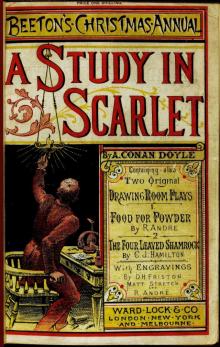 A Study in Scarlet
A Study in Scarlet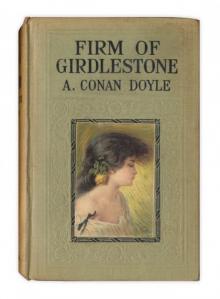 The Firm of Girdlestone
The Firm of Girdlestone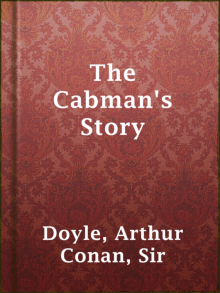 The Cabman's Story
The Cabman's Story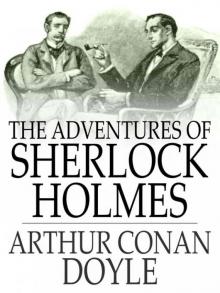 The Adventures of Sherlock Holmes
The Adventures of Sherlock Holmes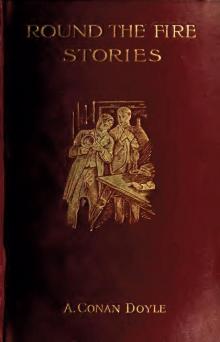 Round the Fire Stories
Round the Fire Stories His Last Bow: An Epilogue of Sherlock Holmes
His Last Bow: An Epilogue of Sherlock Holmes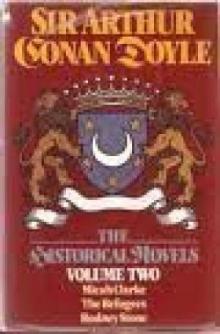 Micah Clarke
Micah Clarke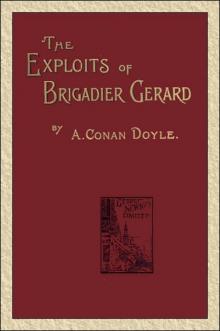 The Exploits of Brigadier Gerard
The Exploits of Brigadier Gerard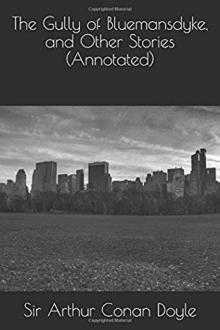 The Gully of Bluemansdyke, and Other stories
The Gully of Bluemansdyke, and Other stories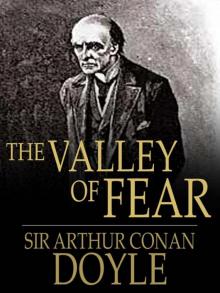 The Valley of Fear
The Valley of Fear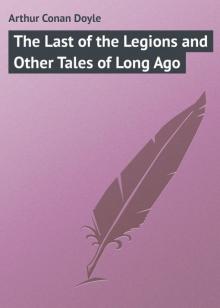 The Last of the Legions and Other Tales of Long Ago
The Last of the Legions and Other Tales of Long Ago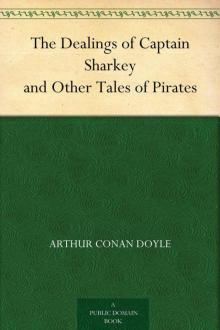 The Dealings of Captain Sharkey, and Other Tales of Pirates
The Dealings of Captain Sharkey, and Other Tales of Pirates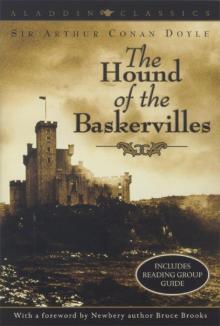 The Hound of the Baskervilles
The Hound of the Baskervilles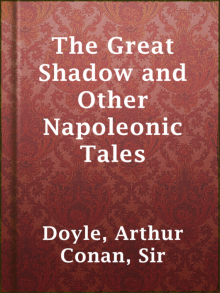 The Great Shadow and Other Napoleonic Tales
The Great Shadow and Other Napoleonic Tales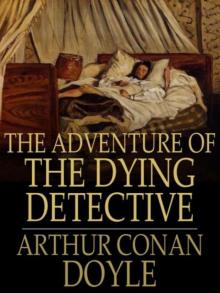 The Adventure of the Dying Detective
The Adventure of the Dying Detective The Man from Archangel, and Other Tales of Adventure
The Man from Archangel, and Other Tales of Adventure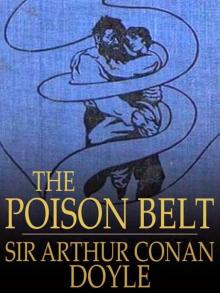 The Poison Belt
The Poison Belt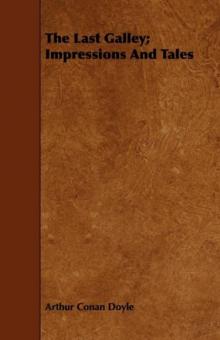 The Last Galley; Impressions and Tales
The Last Galley; Impressions and Tales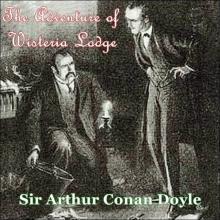 The Adventure of Wisteria Lodge
The Adventure of Wisteria Lodge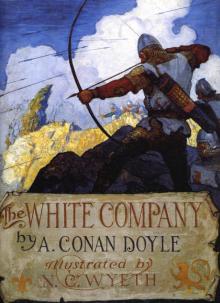 The White Company
The White Company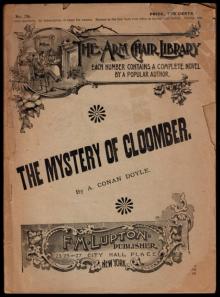 The Mystery of Cloomber
The Mystery of Cloomber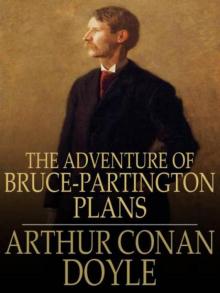 The Adventure of the Bruce-Partington Plans
The Adventure of the Bruce-Partington Plans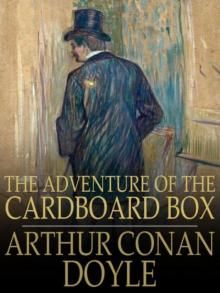 The Adventure of the Cardboard Box
The Adventure of the Cardboard Box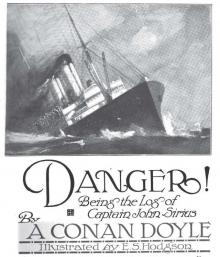 Danger! and Other Stories
Danger! and Other Stories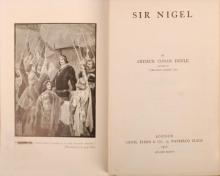 Sir Nigel
Sir Nigel The Return of Sherlock Holmes
The Return of Sherlock Holmes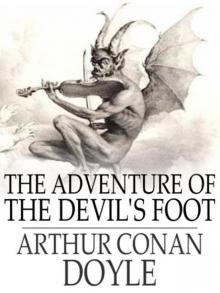 The Adventure of the Devil's Foot
The Adventure of the Devil's Foot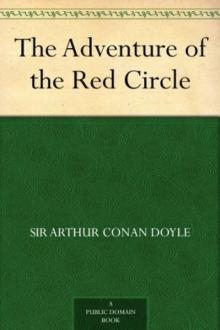 The Adventure of the Red Circle
The Adventure of the Red Circle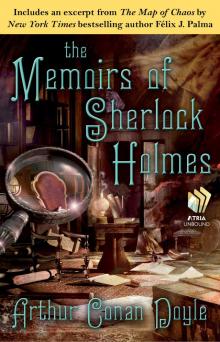 The Memoirs of Sherlock Holmes
The Memoirs of Sherlock Holmes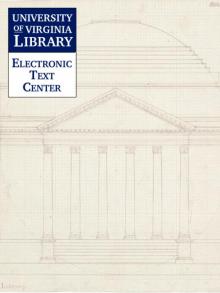 The Adventure of the Yellow Face
The Adventure of the Yellow Face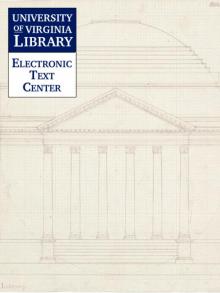 The Adventure of the Norwood Builder
The Adventure of the Norwood Builder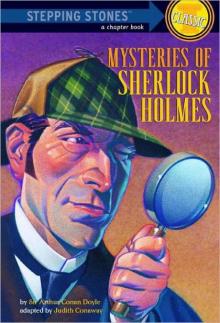 Mysteries of Sherlock Holmes
Mysteries of Sherlock Holmes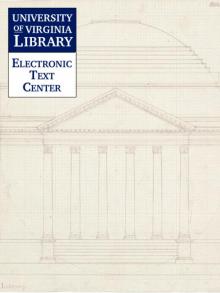 The Adventure of the Missing Three-Quarter
The Adventure of the Missing Three-Quarter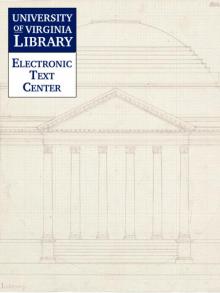 The Adventure of the Final Problem
The Adventure of the Final Problem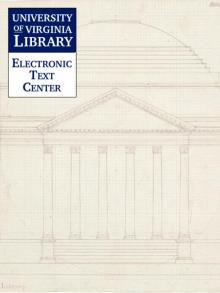 A Scandal in Bohemia
A Scandal in Bohemia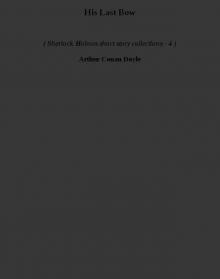 His Last Bow shssc-4
His Last Bow shssc-4 Beyond The City
Beyond The City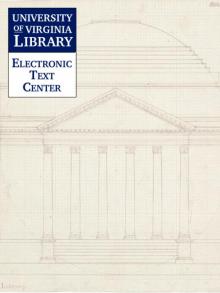 The Adventure of the Gloria Scott
The Adventure of the Gloria Scott The Parasite
The Parasite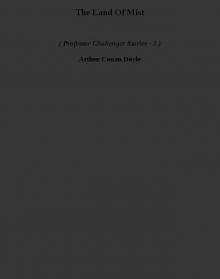 The Land Of Mist pcs-3
The Land Of Mist pcs-3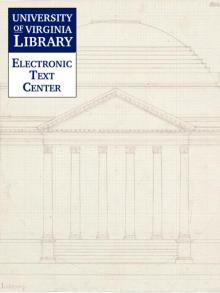 The Adventure of the Musgrave Ritual
The Adventure of the Musgrave Ritual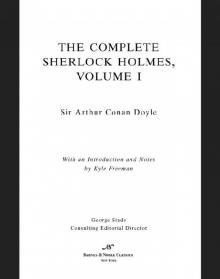 The Complete Sherlock Holmes, Volume I (Barnes & Noble Classics Series)
The Complete Sherlock Holmes, Volume I (Barnes & Noble Classics Series)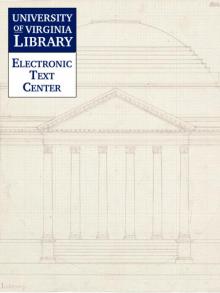 The Adventure of the Stockbroker's Clerk
The Adventure of the Stockbroker's Clerk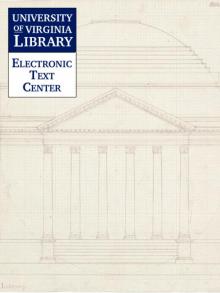 The Adventure of the Copper Beeches
The Adventure of the Copper Beeches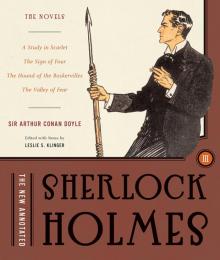 The New Annotated Sherlock Holmes
The New Annotated Sherlock Holmes When The World Screamed pcs-5
When The World Screamed pcs-5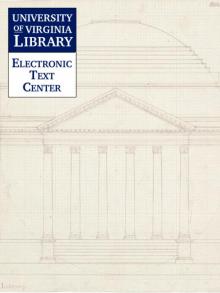 The Adventure of the Six Napoleons
The Adventure of the Six Napoleons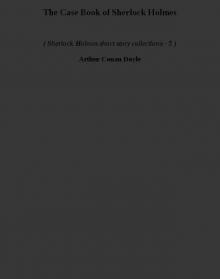 The Case Book of Sherlock Holmes shssc-5
The Case Book of Sherlock Holmes shssc-5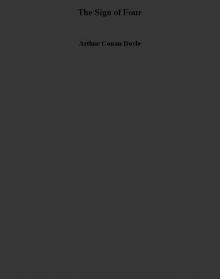 The Sign of Four
The Sign of Four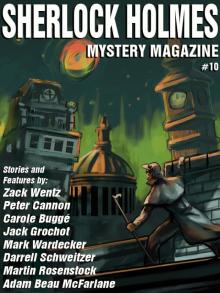 Sherlock Holmes Mystery Magazine #10
Sherlock Holmes Mystery Magazine #10 The Adventures of Brigadier Gerard
The Adventures of Brigadier Gerard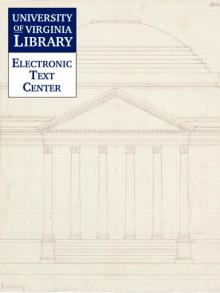 The Adventure of the Second Stain
The Adventure of the Second Stain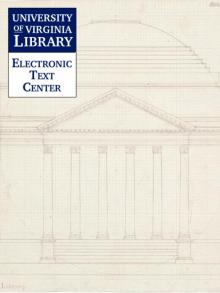 The Adventure of the Engineer's Thumb
The Adventure of the Engineer's Thumb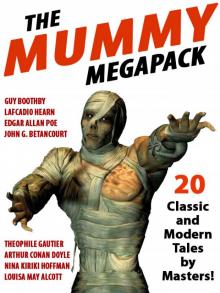 The Mummy Megapack
The Mummy Megapack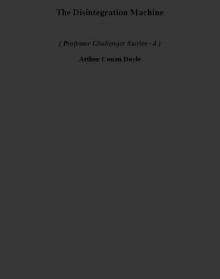 The Disintegration Machine pcs-4
The Disintegration Machine pcs-4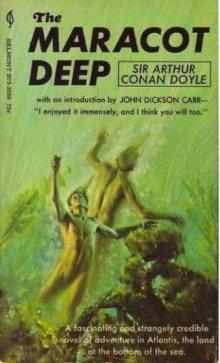 The Maracot Deep
The Maracot Deep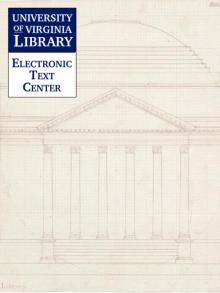 The Five Orange Pips
The Five Orange Pips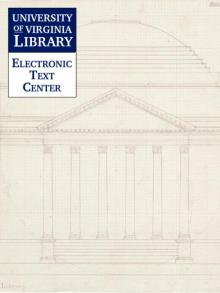 The Adventure of the Crooked Man
The Adventure of the Crooked Man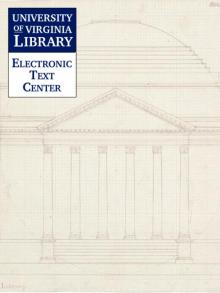 The Adventure of the Blue Carbuncle
The Adventure of the Blue Carbuncle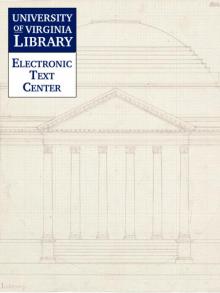 The Adventure of Silver Blaze
The Adventure of Silver Blaze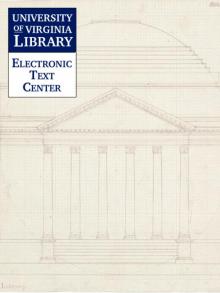 The Adventure of the Solitary Cyclist
The Adventure of the Solitary Cyclist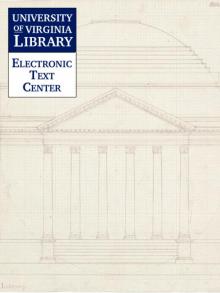 The Adventure of the Naval Treaty
The Adventure of the Naval Treaty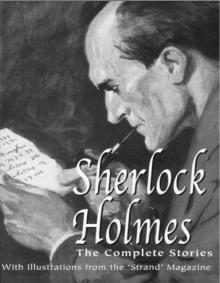 Sherlock Holmes. The Complete Stories
Sherlock Holmes. The Complete Stories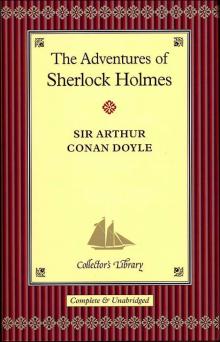 The Adventures of Sherlock Holmes (sherlock holmes)
The Adventures of Sherlock Holmes (sherlock holmes)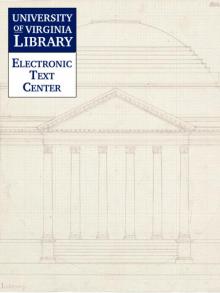 The Adventure of the Empty House
The Adventure of the Empty House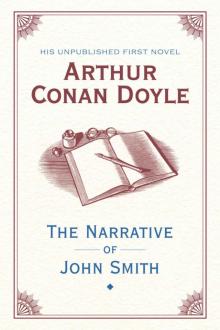 The Narrative of John Smith
The Narrative of John Smith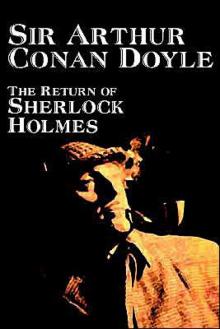 The Return of Sherlock Holmes (sherlock holmes)
The Return of Sherlock Holmes (sherlock holmes)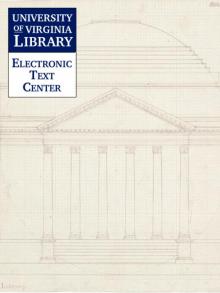 The New Revelation
The New Revelation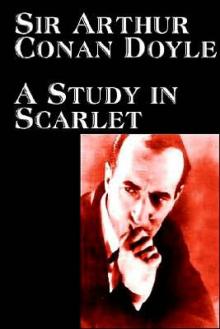 A Study in Scarlet (sherlock holmes)
A Study in Scarlet (sherlock holmes)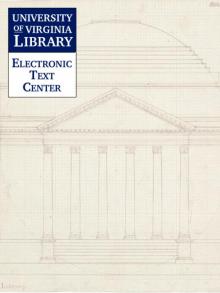 The Vital Message
The Vital Message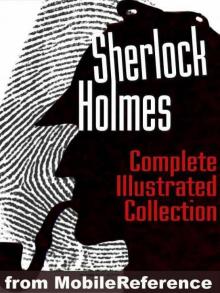 Sherlock Holmes Complete Collection
Sherlock Holmes Complete Collection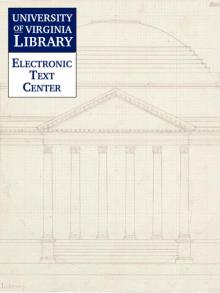 Round the Red Lamp
Round the Red Lamp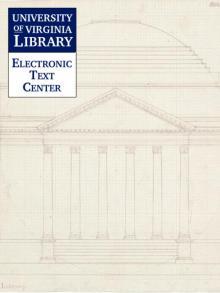 The Boscombe Valley Mystery
The Boscombe Valley Mystery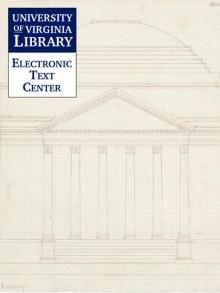 The Adventure of the Beryl Coronet
The Adventure of the Beryl Coronet The Refugees
The Refugees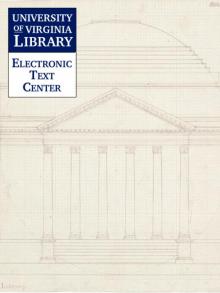 The Adventure of the Three Students.
The Adventure of the Three Students.